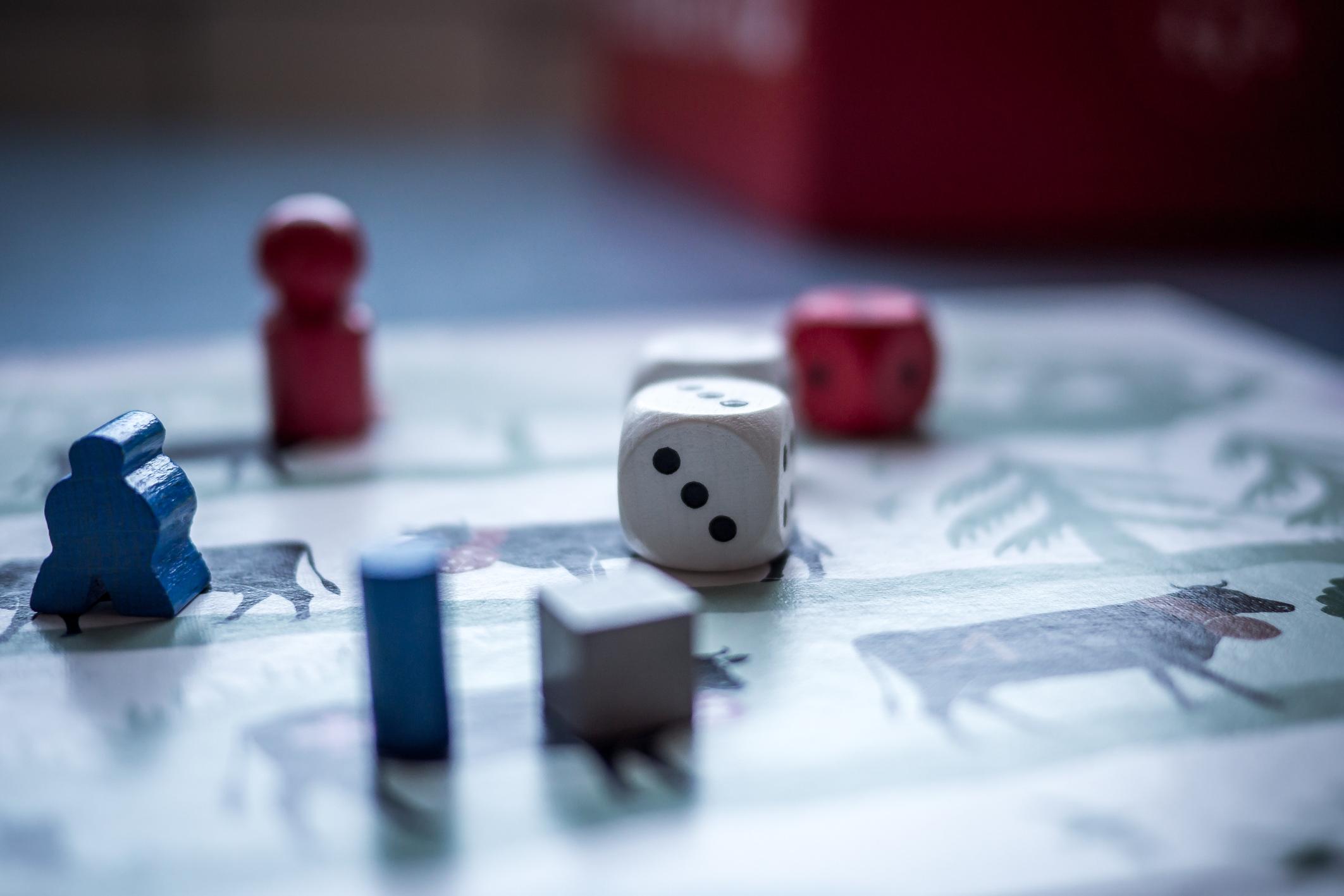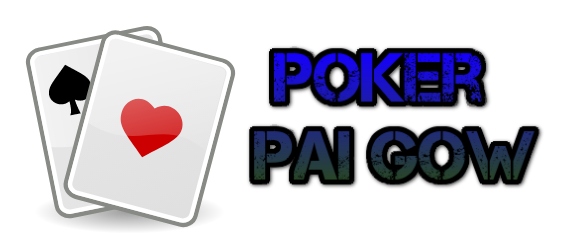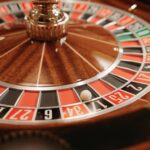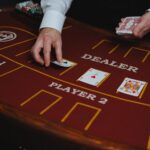
Roulette, the elegant wheel of chance that spins its players into a whirl of anticipation and risk, is more than just a pastime; it’s a psychological labyrinth where the breeze of fortune can turn the most logical mind into one driven by emotion. What lies at the spin of a roulette wheel is a microcosm of human behavior, blending probability with passion. Here, we peer into the curious workings of the gambler’s mind and its dance with the online roulette (online-ruletti) table.
The Thrill of the Unknown
To the casual observer, the lure of roulette may seem simplistic—a matter of picking a number or color and hoping for the best. However, beneath this simple exterior resonates the heartbeat of the human psyche. The very essence of roulette, the fact that one never truly knows where the ball will land, is its greatest allure. This ‘element of surprise’ hijacks the brain’s reward system, flooding it with dopamine—a neurochemical often associated with pleasure and addiction.
The Illusion of Control
Gamblers are not merely bystanders to the roulette wheel’s movement; they actively engage by placing bets. This gesture of involvement feeds the illusion of control, even in a game where control is a fallacy. Psychologically, the ability to make a decision, however inconsequential, gives us a sense of empowerment. In roulette, that decision-making process is merely the tipping of a domino in a chain of events that can’t truly be influenced. Yet, this sense of control can be compelling, driving players to keep placing bets in the belief that their actions hold sway over the outcome.
Predictability and Misinterpretation
Closely linked with a desire for control is the human penchant for pattern recognition. The roulette table, a neat grid of numbers and colors, seems to invite analysis. Players often attempt to discern patterns or ‘hot streaks,’ believing that the wheel has memory or bias, reinforcing the notion that the outcome is predictable. Ironically, while the game’s outcome is entirely random, these perceived patterns can lead to misinterpretation and cement convictions in seemingly irrational superstitions and strategies.
Loss Aversion and the Pursuit of Recovery
The psychological principle of loss aversion is particularly acute in the context of roulette. Studies have shown that the pain of losing is, for many, a stronger emotional force than the joy of winning. When a bet fails to yield a return, the gambler’s instinct is often to chase losses by increasing their bet, in a desperate attempt to ‘recover.’ This behavior is a double-edged sword, capable of both magnifying the thrill of successes and amplifying the sting of losses to the point where rational decision-making is eclipsed.
Understanding the Gambler’s Mind
In navigating the complexities of the roulette table, we are not confronting mere statistics and odds, but the intricate tapestry of human cognition. The wheel becomes a mirror, reflecting our inherent desires for thrill, control, and understanding. Recognizing the psychological undercurrents that drive behavior can provide valuable insight—whether as a player or as an observer—shedding light on the often enigmatic dance between risk and reason. Remember, the next time you see the wheel spin and the ball hopscotch across its numbered pockets, you’re not just witnessing a game of chance; you’re watching the interplay of human nature and the timeless allure of the unknown.






